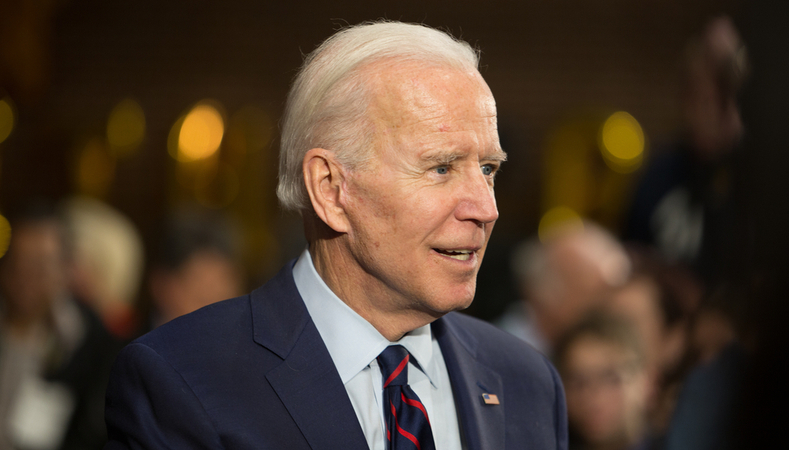Biden’s appointee for Middle East and North Africa could trigger tensions between US and Turkey

US President Joe Biden has planned on appointing Brett McGurk, as National Security Council senior director for Washington’s policy in the Middle East and North Africa. Many observers believed that McGurk’s appointment for the role could lead to intensifying tensions between US and Turkey. Biden chose McGurk over the rest considering his past experience as he had already served in the similar position in 2015.
McGurk was appointed for the post during the Obama presidency in 2015 and served until he resigned in December 2018, due to his disagreement over the withdrawal of US forces from Syria.“This would be viewed as a very provocative appointment. A bad start for the Biden era on the US-Turkey relations front if this is realized,” tweeted Yusuf Erim, an Ankara-based political analyst.
The former US ambassador to anti-Daesh international coalition, could offend officials in Ankara as McGurk was seen in negative light by Turkish leaders, as latter considered him responsible for militarisation of the Syrian Kurdish People’s Protection Units to fight Daesh outfits. Ankara on the other hand designated Syrian Kurdish People’s Protection Units (YPG) as a terror group because of its long association with outlawed Kurdistan Workers’ Party that waged a decades-long insurgency against the Turkish state.
Presenting an alternative perspective to McGurk’s appointment, Ozgur Unluhisarcikli, the Ankara office director of German Marshall Fund of the US, said “Brett McGurk may be a controversial figure for Turkey, but he is quite mainstream for the Democratic Party and popular in those circles, therefore it will be no big surprise if he gets a senior job within the Biden Administration.”“The Turkish government should not be consumed by its perception of McGurk in judging what approach Biden might have toward Ankara. Biden is not necessarily a third Obama term and McGurk’s role is not typically the forefront diplomatic position,” Joe Macaron, a Middle East analyst at the Arab Center in Washington, told Arab News.
Macaron added that US-Turkey relations are more likely to grow tense in the near future irrespective of who takes over the position. He said, ““The US-Turkish relations might be more tense moving forward, but they have common interests to work together on Syria if Ankara recognizes that Washington will ultimately not sell out the YPG.”




